Understanding Spina Bifida: Symptoms, Types, and Early Detection
Spina bifida is a serious condition that affects the spine’s development during pregnancy. Learn about its symptoms, the different types, and why early detection is crucial, especially during October, which is Spina Bifida Awareness Month.
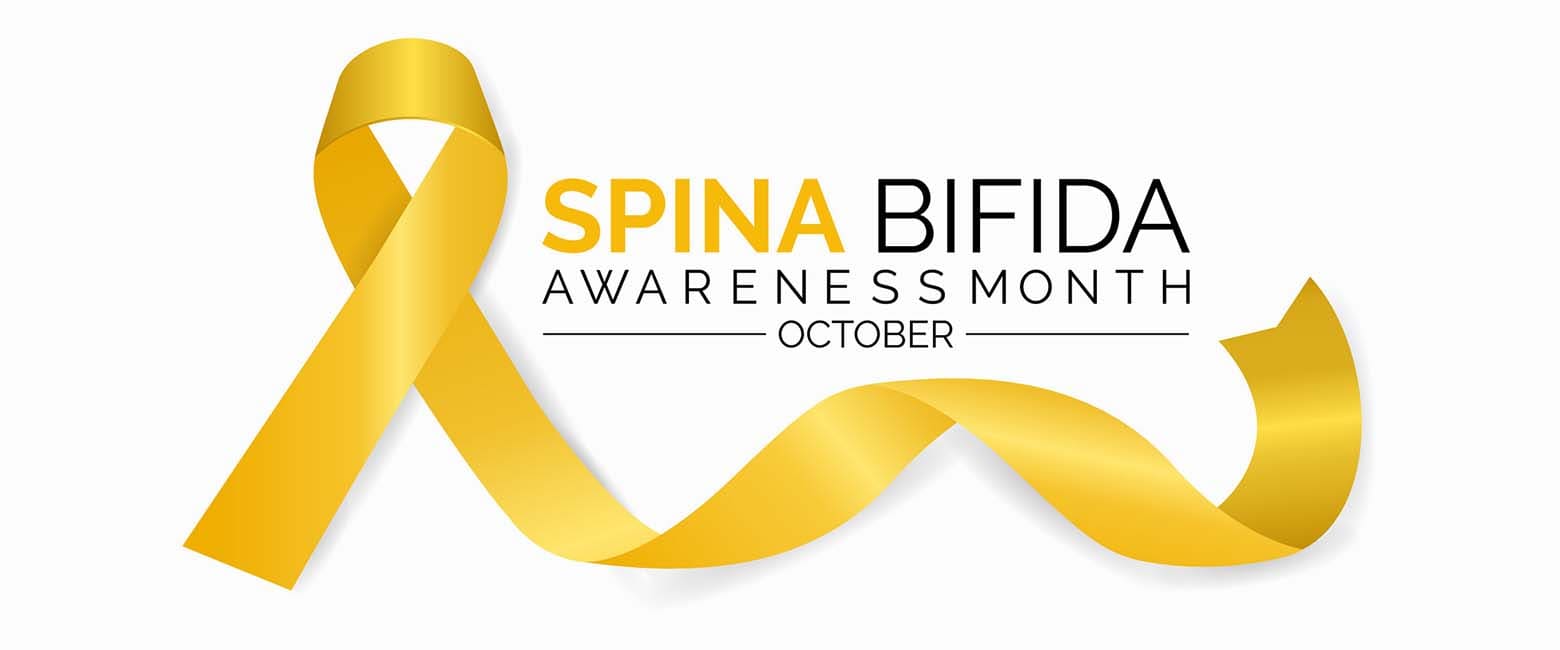
October: Spina Bifida Awareness Month
Every October, Spina Bifida Awareness Month is observed worldwide to educate people about this birth defect and offer support to those affected. During this month, various initiatives highlight the importance of understanding the condition, promoting preventive care, and improving accessibility for individuals with spina bifida. Public awareness helps reduce stigma and ensures more inclusive opportunities for those impacted.
Spina bifida occurs during early pregnancy when the spine and spinal cord don’t form properly, leading to physical or neurological complications. Awareness is critical in advocating for better health practices and fostering early detection efforts, which can significantly improve the quality of life for those affected.
Types of Spina Bifida
1.Spina Bifida Occulta: The mildest form, where there’s a small gap in the spine but no visible openings. Many people with this type remain unaware of it, as symptoms are rare.
2. Meningocele: This form involves a sac of fluid pushing through an opening in the spine. It doesn’t typically damage the spinal cord and can often be corrected with surgery.
3. Myelomeningocele: The most severe form, where parts of the spinal cord and nerves push through the spine’s opening, often leading to significant disability. This type usually requires immediate medical intervention.
Symptoms of Spina Bifida
The symptoms of spina bifida can vary depending on the type and severity, but common issues may include:
- Difficulty walking or moving limbs
- Loss of bladder or bowel control
- Muscle weakness or paralysis
- Learning disabilities (in severe cases)
Importance of Early Detection and Care
Detecting spina bifida early, usually through prenatal screenings, allows for timely medical interventions that can reduce complications after birth. Surgery performed soon after birth can close the defect and prevent further damage to the spinal cord.
In addition to surgical options, physical therapy, assistive devices, and ongoing medical care can greatly enhance mobility and quality of life for those living with spina bifida.
Conclusion:
As we observe Spina Bifida Awareness Month this October, it’s essential to focus on education, prevention, and support for individuals and families dealing with the condition. Early detection, proper care, and societal awareness can make a significant impact on those affected by spina bifida, helping them lead healthier and more independent lives.
Related
-

How Sport Rehabilitation in Mumbai Helps Athletes Bounce Back Stronger
-
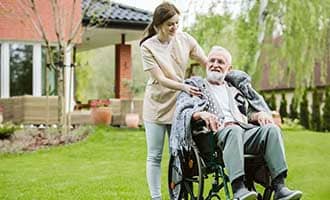
Benefits of Hiring a Companion for Elderly Care in Mumbai
-

Fashion Forward: Style Tips for People with Limited Mobility
-
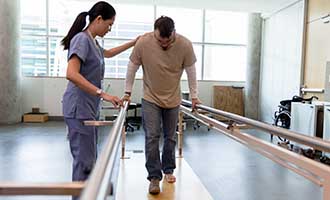
Tips to Choose the Right Physical Therapist for Your Needs
-

The Role of Hydration in Health and Wellness
-
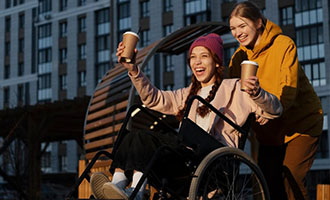
Tips To Empower People with Limited Mobility
-
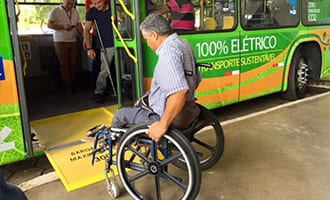
How to Choose Reliable Mobility Services at Home in Mumbai
-

Enhancing Sleep Quality for Wheelchair Users
-
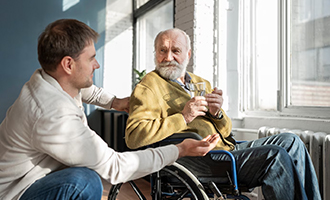
The Importance of Wheelchair Assistance for the Elderly
-
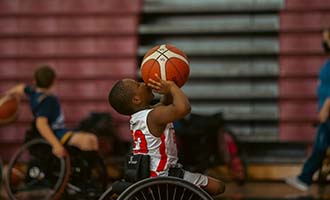
Get in the game
-

How to Choose the Right Sports Rehab Treatment Clinic Near You
-
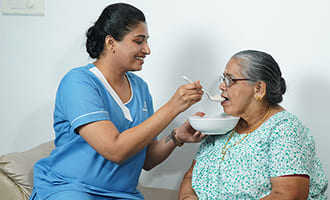
Top Qualities to Look for in Elderly Carers in Mumbai
-

Slippery Roads Ahead: How to Keep Elderly Loved Ones Safe This Monsoon
-

Rollin' in the Greens.
-
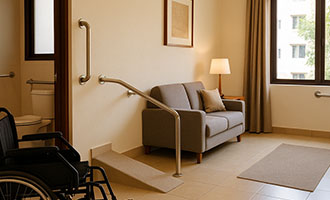
How Accessible Homes Create Truly Independent Living
-

Rolling Towards Peace
-

Choosing the Right Care Taker Services in Mumbai for Your Needs
-

Dating with a Disability: Navigating Love, Relationships, and Mobility Challenges
-

Breathing right can change your life
-

Best Elderly Care Apps for Seniors in 2025
-

Innovative Walking Assistance Devices for Adults
-

The Ultimate Guide to Choose the Right Walking Devices for Adults
-

Understanding the Benefits of In-Home Elder Care for Loved Ones
-

Rolling Through the Rain: A Monsoon Safety Guide for Wheelchair Users
-
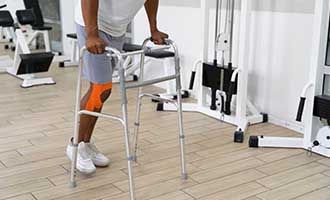
Adaptive Fitness: Exercise Tips for Individuals with Limited Mobility
-

Embracing Holistic Wellness: A Guide for Seniors and Individuals with Mobility Needs
-

In-Home Health Care Services in Mumbai Using the MobiCrew App
-

Beyond the Wheelchair: Why Emotional Support Is Just As Important As Physical Help
-

Focus your mind to stay healthy
-
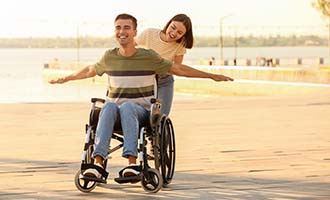
Beginners, chair cardio is the way to go!
-

Best Physical Therapies in Mumbai for Post-Operative Recovery
-

Stay in shape with Yoga
-

Finding the Perfect Health Service Provider: Tips for Elderly Care
-

Wheels of Support
-

Why Routine Health Check-Ups Matter for Wheelchair Users
-
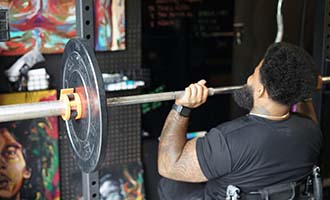
Physiotherapy tips for home
-

Best Wheelchairs for Senior Citizens in Mumbai Buyers Guide
-

How to Help People with Disabilities: A Guide to Inclusive Practices
-

Sports Injury Prevention Strategies for Mumbais Active Youth
-

Top Benefits of Visiting a Physical Therapy Clinic
-

The power of Pilates









